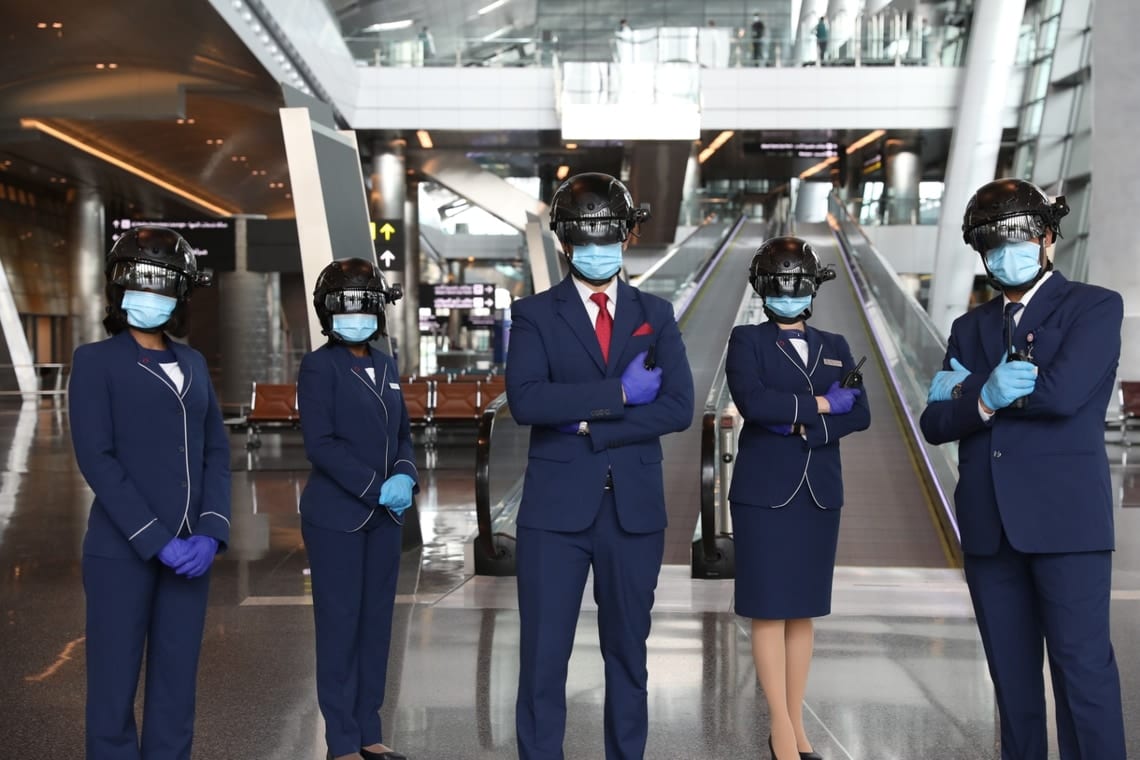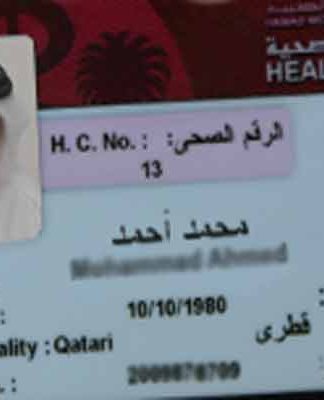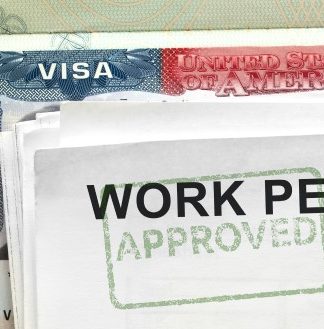Authorities in Qatar extend quarantine requirements for all arrivals through Feb. 15, 2021. Other measures remain in place.
Event
Qatari authorities have extended the mandatory quarantine requirements for all arrivals into the country through Feb. 15, 2021, to curb the spread of coronavirus disease (COVID-19). The quarantine period of one week remains in place for arrivals, regardless of the destination. Individuals, including nationals, residents, and visa holders arriving from “high-risk” countries must quarantine at hotels, whereas individuals from “low-risk” countries can quarantine at home. The measures do not apply to those who use shared quarantine facilities; they must continue to quarantine for two weeks. Individuals who have not obtained a COVID-19 test 48 hours before arrival have to take the test upon arriving at Doha International Airport (DOH). Authorities will conduct a second COVID-19 test six days after arrival.
Additionally, following the discovery of a new strain of COVID-19, individuals arriving from Denmark, the Netherlands, Saudi Arabia, and the UK must enter a seven-night quarantine at a government-designated hotel. Individuals are required to provide proof of hotel reservation before boarding their flights to Qatar.
Residents who are currently in Qatar and wish to travel will automatically receive an exceptional entry permit upon departure, which will allow them to return to the country. However, residents who are currently outside Qatar have to obtain an exceptional return permit via the “Qatar Portal” website if they wish to return.
Qatar is currently in the second part of Phase 4 of its plan to lift COVID-19 restrictions. Under this stage, authorities increased the capacity of cinemas and theaters to 30 percent and reduced the capacity at gyms, health clubs, and public swimming pools to 30 percent. Measures that remain in place from earlier phases include:
- Allowing entry to Qatar for nationals, permanent residents, and those with pre-approved entry permits only.
- Resuming public transport and metro services at 30-percent capacity.
- Increase the permitted capacity at restaurants to 30 percent.
- Opening of all malls and shopping centers with normal hours. The capacity at malls is limited to 50 percent.
- Allowing weddings with a maximum of 40 people indoors and 80 people outdoors.
- Allowing gatherings of up to 15 people indoors and 30 people outdoors.
- Allowing all mosques to resume daily and Friday prayers.
- Maintaining the capacity of employees at workplaces at 80 percent.
- Increase the capacity of private health clinics to 100 percent.
- Allowing public libraries to open at normal hours and full capacity.
The wearing of facemasks in public remains mandatory nationwide. The rule applies to all individuals except those exercising or participating in sports. Individuals who do not comply with the regulation will face fines and imprisonment. Authorities also require residents to download the EHTERAZ mobile application for COVID-19 updates and contact tracing.
Officials could reimpose restrictions or delay the phases depending on the COVID-19 cases.
Context
Qatar’s travel restrictions and preventive measures are similar to actions that other governments are taking globally in response to the spread of COVID-19. COVID-19 is a viral respiratory disease caused by infection with the SARS-CoV-2 virus (previously known as 2019-nCoV). Symptoms occur 1-14 days following exposure (average of 3-7 days). These symptoms include fever, fatigue, coughing, difficulty breathing, sometimes worsening pneumonia, and kidney failure – especially in those with underlying medical conditions. On March 11, the WHO declared the ongoing COVID-19 outbreak a pandemic.
Advice
Follow all official instructions. Abide by national health and safety measures. Reconfirm all travel arrangements. Consider delaying travel if you experience symptoms associated with COVID-19, as they may prompt increased scrutiny and delays. Liaise with trusted contacts for further updates and guidance. Maintain contact with your diplomatic representation. Ensure contingency plans account for further disruptive measures or extensions of current restrictions. Reconsider and reconfirm non-emergency health appointments. Plan for queues and delays at available shopping centers.
Emphasize basic health precautions, especially frequent handwashing with soap and water, or an alcohol-based hand sanitizer if soap and water are unavailable. Practice good coughing/sneezing etiquette (i.e., covering coughs and sneezes with a disposable tissue, maintaining distance from others, and washing hands). There is no evidence that the influenza vaccine, antibiotics, or antiviral medications will prevent this disease, highlighting the importance of diligent basic health precautions.
Resources
World Health Organization (WHO)Qatar Ministry of Public Health
Copyright and Disclaimer
GardaWorld is the owner or licensee of all intellectual property rights in the material presented on this website. All such rights are reserved. The use of this website and its material is subject to the Terms of Use and accordingly, you must not use any content from this website for commercial or other analogous purposes without our consent, including but not limited to any deep-linking or framing in order to copy, distribute, display or monitor any portion of the website. If you have any questions or are interested in distributing any content from this website, Contact us for more details.






























